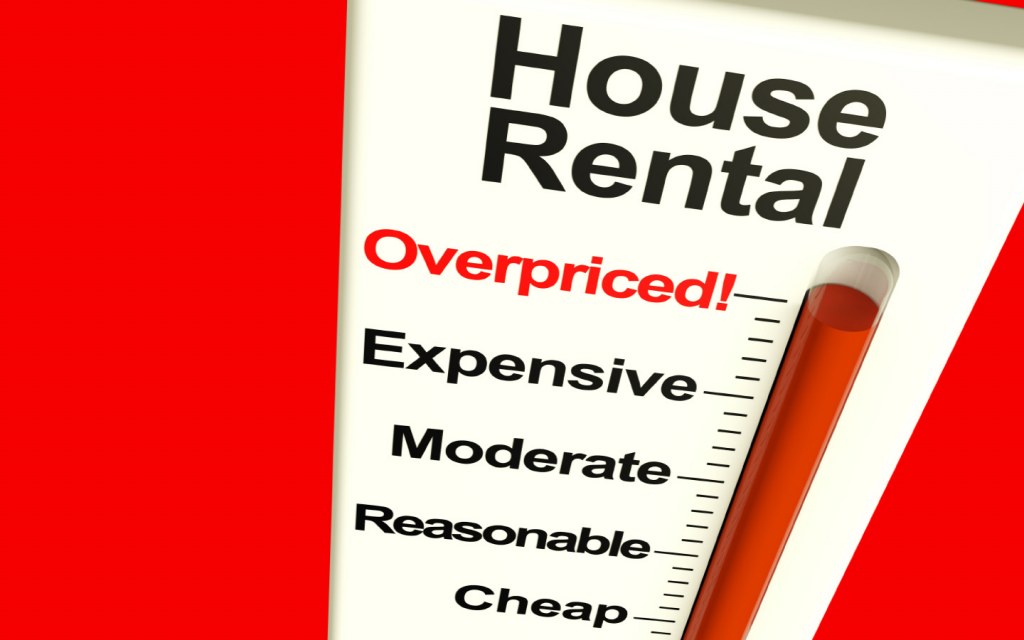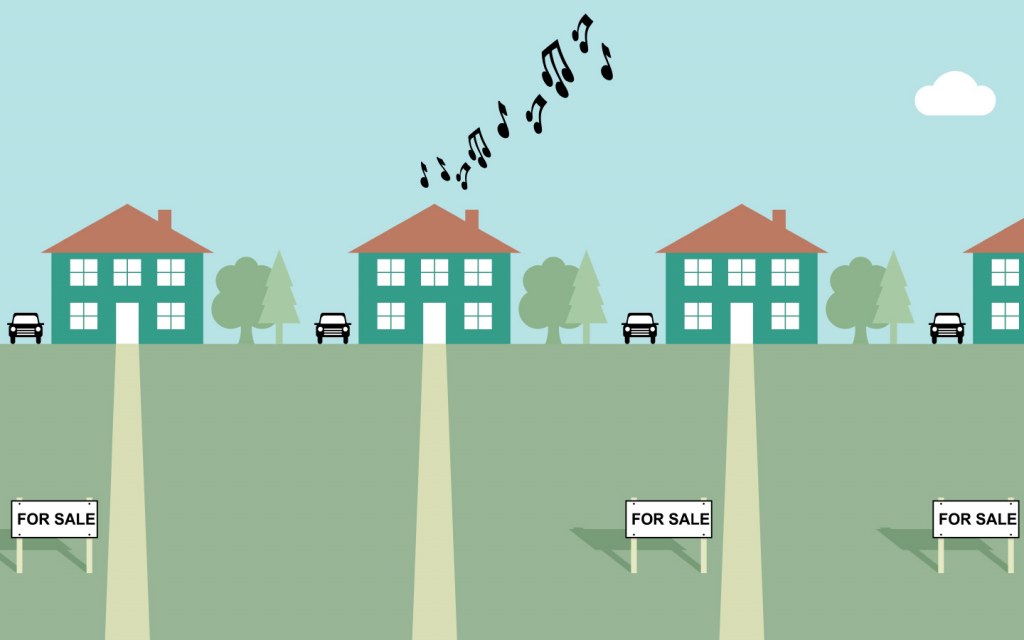Most rental agreements are initially made for a year and are subject to be extended moving forward. There are, however, times when tenants leave a rental even before the initial term of one year is complete. As the owner of a rental property, you might be at a loss because of the tenant’s sudden move. While it isn’t always possible for a landlord to convince the tenants to change their decision, a proactive landlord can turn things around to facilitate their tenants and avoid a vacancy. For this, you need to know the most common reasons why tenants move out of a rental. Let’s begin…
The Rent is Too High

As rent keeps increasing with every contract renewal, your tenants might find the property too expensive to rent. A change in job or the addition of another family member are other reasons why they might no longer be able to afford the same rental unit. Your tenant might also face a change in monthly expenses if they’ve decided to save more for an imminent expense or have been diagnosed with a medical condition that’s draining their monthly budget.
In all of these circumstances, as the owner of a rental property, you should try to retain your tenants if they have a good history with you. You could try reducing the rent, or if you own several rental properties, perhaps you could offer them a cheaper alternative? This would actually help you retain a good tenant and leave you with just one vacancy to fill, rather than two.
The Need for More Space
There are a number of life events that require the need for more space. A marriage, the birth of a child, starting a home business, relatives coming to live full-time, and other similar circumstances can force your tenant to start searching for a bigger unit. As the property owner, if you have larger properties on offer, do not hesitate to pitch them to your leaving tenant if they’ve got a good track record with you. The same rule applies if your tenant is downsizing and needs to move to a smaller space because the kids have gone abroad or moved to a different city.
A Change in Circumstances

If you are wondering why tenants move out of rentals, then one of the reasons could be a change in their circumstances. While this includes a change in employment or getting married, other changes could be an imminent relocation due to work, a divorce, or a separation. There’s nothing much you can do as a landlord in this case, but don’t forget to give them a good referral so they can easily find a new rental property.
The Lack of Timely Maintenance
All rental properties need to be maintained and repaired in a timely manner. Not doing so can cost you your tenant. When we talk about the maintenance of a rental unit, it includes fixing clogged drains, leaking roofs, and broken windows, along with dealing with all pest problems. As a property owner, you are required to commit a timeline for the repairs and stick to it. Communication of any possible delays is also vital if you wish to retain your tenants for longer.
The Problem of Noisy Neighbours

Loud and intimidating neighbours can scare off good tenants. As a property owner, you cannot control who lives next door, but as a landlord, you can most definitely control who you rent your units to. Make sure all your tenants go through a thorough screening process. Ask the essential questions from all your potential tenants and only rent a unit if the answers are satisfactory. This will help you weed out noisy, rowdy or troublesome renters and retain good tenants in your property.
The Fear of the Unexpected
With a lack of communication between tenants and property owners, tenants begin to fear unexpected changes in the form of new neighbours, increased rent, increase in load shedding hours, upcoming developments in the area, growing crime rate in a particular sector, and so on. There is very little that a rental property owner can control in the surroundings of their property, but by staying in contact with your tenants, you can ensure that you are on the same page with them when it comes to the things you can control. This will create a bond of trust between you and your renters, resulting in long-term tenants.
The Dream of Buying a Home

Most of us dream of buying our own home someday and if your tenants have been able to save enough over the years, you should wish them the best of luck. What’s more, you should let them know that you will be looking for tenants for the property they are vacating and that they should send you reliable referrals of potential tenants.
The Attitude of the Landlord
Tenants want to rent a house or flat from a cooperative owner, who is flexible and understanding in terms of rent payments and emergency expenses. While being too lenient can cost you, it is best to keep a friendly relationship with your tenants. Be polite, listen to them when they come to you with complaints about the unit or the neighbours, and try to solve their issues as soon as you can. Your cooperation can go a long way in retaining your tenants.
These are a few most common reasons why tenants move out of a rental property before the end of the tenancy period.
The takeaway here, as a tenant, is that certain traits of a good landlord set them apart and that can help a renter determine whether they are signing the rental agreement with the right rental property owner.
As a landlord, you should understand that there are a variety of reasons why someone will leave a tenancy agreement mid-way and move out. However, you can tackle many of these circumstances proactively to retain tenants for longer. The key is to maintain a good tenant-landlord relationship, where trust and communication are sustained.



